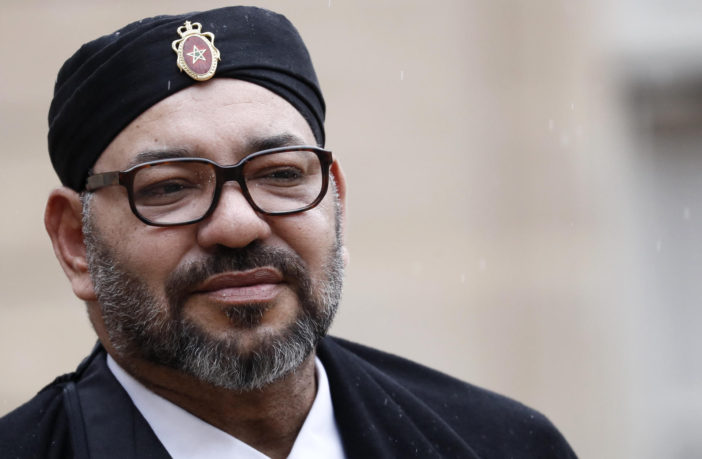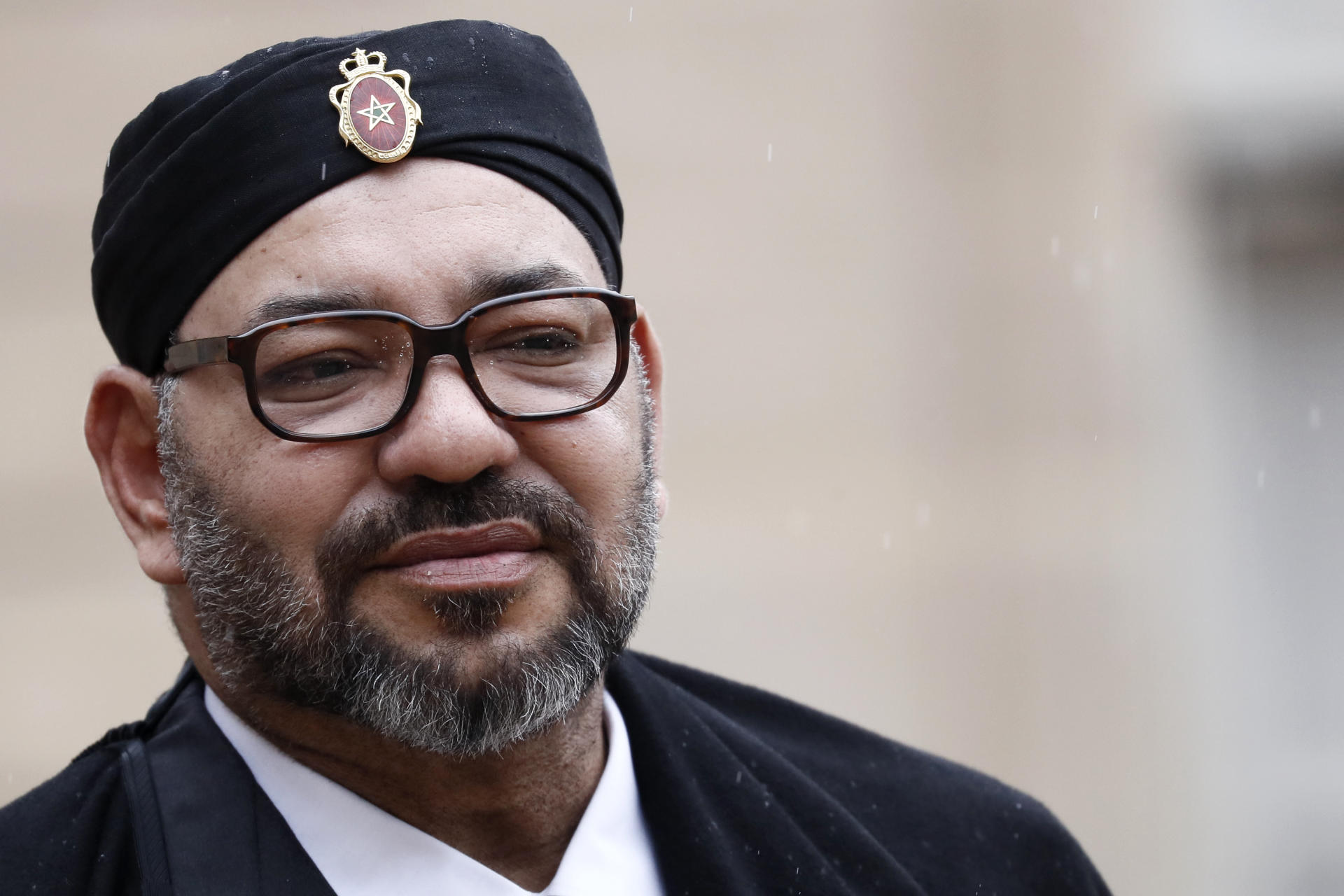Daily Maverick
By Peter Fabricius
The imminent arrival of a new ambassador after a 15-year absence shows the Ramaphosa administration is putting pragmatism ahead of politics.
South Africa’s long, frosty relations with Morocco have at last begun to thaw. Pretoria accepted the appointment last week of a full ambassador from Rabat for the first time in 15 years.
It has taken seven months for the South African government to ponder Morocco’s request to upgrade diplomatic relations by appointing a former deputy foreign minister as envoy to Pretoria.
On Wednesday, Ndivhuwo Mabaya, spokesperson for International Relations and Co-operation Minister Lindiwe Sisulu, confirmed to Daily Maverick that South Africa had finally sent a message to the Moroccan government through South Africa’s embassy in Rabat informing it that it had approved former deputy foreign minister Youssef Amrani as ambassador to Pretoria.
He is a seasoned diplomat who has been ambassador to Columbia, Mexico and Chile as well as Secretary-General of the Mediterranean Union.
Rabat’s nomination of him last August was a clear sign that Morocco wished to improve relations with South Africa. But Pretoria agonised over the decision, apparently because of conflicting views in the government.
Also on Daily Maverick
Morocco, the Western Sahara and SA’s inverted moral compass
Former Mozambican finance minister won’t be extradited to US, Sisulu announces
Sisulu had indicated to Daily Maverick two weeks ago that the decision was, at last, being considered seriously. She insisted that her government would not be influenced in its decision by “any other ideological position we might hold”. This was a clear reference to the major difference between the two countries over the status of Western Sahara which has bedevilled relations.
Despite her hint at a more pragmatic position, many analysts remained sceptical. At a seminar in Rabat last week organised by Morocco’s Royal Institute for Strategic Studies (IRES), the prevailing view of analysts from South Africa and Morocco was that relations were unlikely to be upgraded at least until after the 8 May elections in South Africa.
The experts felt that the issue was too divisive within the ANC and so Sisulu and President Cyril Ramaphosa would postpone any decision until after the poll to avoid alienating any faction.
Relations nose-dived in 2004 when the South African government recognised the Sahrawi Arab Democratic Republic (SADR) as the legitimate government of an independent Western Sahara.
Morocco claims that Western Sahara as one of its provinces and so recalled its ambassador from Pretoria in protest. In 2006 when South Africa asked Morocco for official approval to appoint a new ambassador, it received no reply.
And so South Africa has also only had an acting ambassador in Rabat since then.
Political relations between the two countries have remained strained. For instance last year South Africa voted against Morocco’s bid to host the 2026 World Cup of soccer, mainly because of the Western Sahara issue, even though Morocco was the only African country bidding. It was Rabat’s fifth failed bid to run the prestigious event. One of its unsuccessful bids was against South Africa to host the 2010 event.
The dynamics of South Africa’s relations with Morocco began to change in 2017 when Morocco rejoined the African Union (AU) as part of a major international charm offensive by its head of state King Mohammed VI. It had left the AU’s predecessor body, the Organisation for African Unity (OAU) in 1984 when the OAU recognised the SADR and accepted it as a member.
South Africa opposed Morocco’s return to the AU unless it gave guarantees that it would not use its position within the AU to try to expel the SADR. So did most other Southern African countries. But other African regions turned the tide in Rabat’s favour.
South African diplomats acknowledged then that they needed to rethink relations with Rabat and some said that since Morocco had been accepted back into the SA, Pretoria should also accept it back in South Africa at full ambassadorial level.
Others remained firmly opposed, sticking to the ANC’s ideological line that Western Sahara was Africa’s last decolonisation issue and so Pretoria should keep Morocco at arm’s length until it had recognised the territory’s independence.
Those in favour of the decision to upgrade also noted that better economic relations with thriving Morocco offered large opportunities for South Africa.
South African companies have already begun returning to Morocco and last year the insurance giant Sanlam completed its full acquisition of Morocco’s Saham Finances, a R25-billion deal which gives Sanlam access to the lucrative North African and West African markets.
Other companies have also made investments and many others are doing reconnaissance with that aim.
It is not yet clear if South Africa will now reciprocate Morocco’s gesture by upgrading its embassy in Rabat to full ambassador level.
In the interview with Daily Maverick last month Sisulu said that even if Pretoria accepted a full Moroccan ambassador, this did not mean that it would necessarily upgrade its representation in Rabat to full ambassador level.
She said each country should be allowed to decide at what level it wished to set diplomatic relations.
Mabaya told Daily Maverick to ask Sisulu at her media briefing next week whether or not the government would now upgrade its own ambassador. DM








